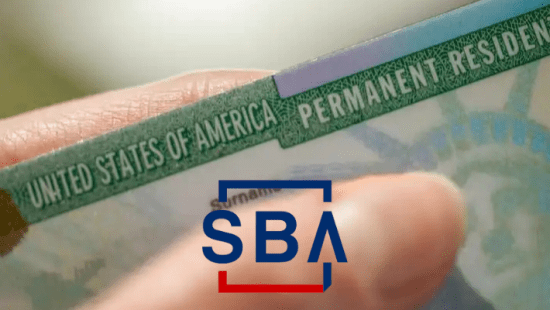Nebraska leads 17-state alliance against electric truck mandates, citing supply chain and economic concerns.
California has officially repealed its Advanced Clean Fleets (ACF) regulation, marking a significant retreat in its push for zero-emission trucking after a high-profile legal challenge led by Nebraska and supported by 17 other states.
The ACF rule, introduced earlier this year by the California Air Resources Board (CARB), aimed to accelerate the state’s transition to electric medium- and heavy-duty trucks in an effort to reduce greenhouse gas emissions. The measure would have required certain transportation companies to gradually replace diesel trucks with electric vehicles—a move California described as essential for combating climate change.
However, fierce opposition from states reliant on traditional trucking infrastructure quickly mounted. Nebraska Attorney General Mike Hilgers, backed by Governor Jim Pillen and the Nebraska Trucking Association, led a coalition challenging the legality and economic impact of California’s rule. The coalition argued that the mandate would have created logistical barriers for out-of-state trucking companies, potentially limiting access to California’s ports and disrupting national commerce.
In a court filing on Monday, California Attorney General Rob Bonta and CARB Executive Officer Steve Cliff agreed to formally repeal the regulation. The state also announced it would delay any similar mandates until it secures a Clean Air Act waiver from the U.S. Environmental Protection Agency (EPA)—a waiver Nebraska and its allies have actively opposed.
“This settlement is a huge win for everyone in Nebraska—from our outstanding logistics industry that is critical to the Nebraska economy, to consumers who would have faced higher prices, and for the rule of law,” Hilgers said in a statement. “The tide is starting to turn.”
Governor Pillen echoed the sentiment, stating: “Our truckers don’t need California bureaucrats forcing electric vehicles into their fleets. This rule would have been a blow to our supply chain infrastructure.”
The legal battle highlighted growing tensions between environmental policy goals in progressive states like California and the economic concerns of more industrial and rural states. California’s original rule drew criticism from business leaders and lawmakers across the country who warned of unintended consequences on supply chains and interstate commerce.
Joining Nebraska in the lawsuit were attorneys general from Alabama, Arkansas, Georgia, Idaho, Indiana, Iowa, Kansas, Louisiana, Missouri, Montana, Oklahoma, South Carolina, Utah, West Virginia, and Wyoming, as well as the Arizona Legislature.
With the ACF rule now rescinded, California’s path toward zero-emissions freight transport faces renewed scrutiny and a likely delay. Meanwhile, states like Nebraska are celebrating the outcome as a major defense of state sovereignty and economic practicality over what they deemed a “radical” environmental mandate.








